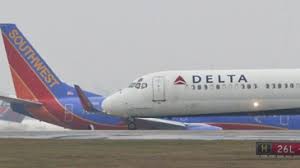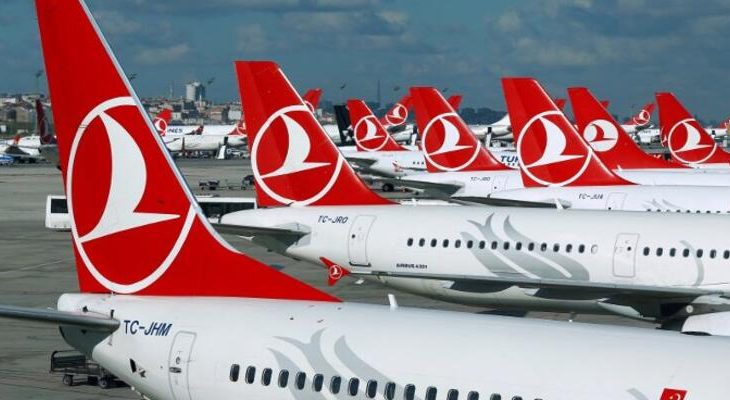Prepare for Collusion: Covid-19 Outbreak and Aviation Industry
 aviation-collusion
aviation-collusion
The negative effects of the epidemic first appeared in aviation shares as far as Turkey’ Stock Exchange BİST goes. The aviation industry was the earliest and deepest affected by the Covid-19 epidemic, which spread through the world since February, after the initial outbreak in Wuhan, China in December 2019. So much so that the shares of airlines in the world have lost about 40% value in US $ basis since the New Year.
Decreasing passenger demand and flight bans reduced the capacity by lowering the number of aircraft in their fleet with the falling passenger demand and occupancy rates and subsequent flight restrictions as the epidemic spread rapidly. It is estimated that the break-even ratio in the global airline sector is at the level of 70%. As the world gradually recovers from the pandemic, with nations mutually opening their borders to travel, will the airline industry get on its feet quickly?
Passenger traffic in 2019 will not be matched until 2023
There is a consensus of sorts that antibody testing, drug treatment or vaccine that can exterminate the Covid-19 outbreak can only be effectively distributed across the word by 2023 earliest.
During the epidemic years, very difficult choices await airlines. On top of the expectation of slow revival in passenger demand, along with falling profitability, global airlines already started to experience liquidity problems in the face of ticket cancellation fees, plane orders, fleet management, employee costs and financial lease payments. Many states in the US and Europe have announced various rescue packages for the airline industry.
A sectoral support package was announced also for Turkey. In domestic flights in Turkey VAT for was reduced from 18% to 1% 3 months. For 3 months, employees were granted short-term unemployment allowances and ticket refunds have been issued that may be used 2 months after the flights started. But, these are the only supports announced for the sector so far.
How will the new "normal" be in the industry?
Passengers sensitive to health issues, who are not price-oriented dropping out of the market, social distancing regulations and complexity of flight with increased pre-flight health checks, difficulties in reflecting costs on ticket prices due to change in passenger composition, increased costs for airlines (fewer seats per plane will be occupied), weak demand despite increased costs, and possible consolidations in the global airlines market, seem to be the "new normal".
Is Yatirim, a premier Turkish brokerage house has reflected the possible negative effects of the Covid-19 outbreak on aviation share valuation. While repeating its recommendation in TAVHL and DOCO as BUY, it reduced the recommendation for THYAO to HOLD and for PGSUS to SELL. The emergence of Covid-19-related antibody tests, a treatment drug or vaccine before 2023 boosting demand is an upward risk factor to these valuations.
You can follow our English language YouTube videos @ REAL TURKEY: https://www.youtube.com/channel/UCKpFJB4GFiNkhmpVZQ_d9Rg
And content at Twitter: @AtillaEng
Facebook: Real Turkey Channel: https://www.facebook.com/realturkeychannel/




